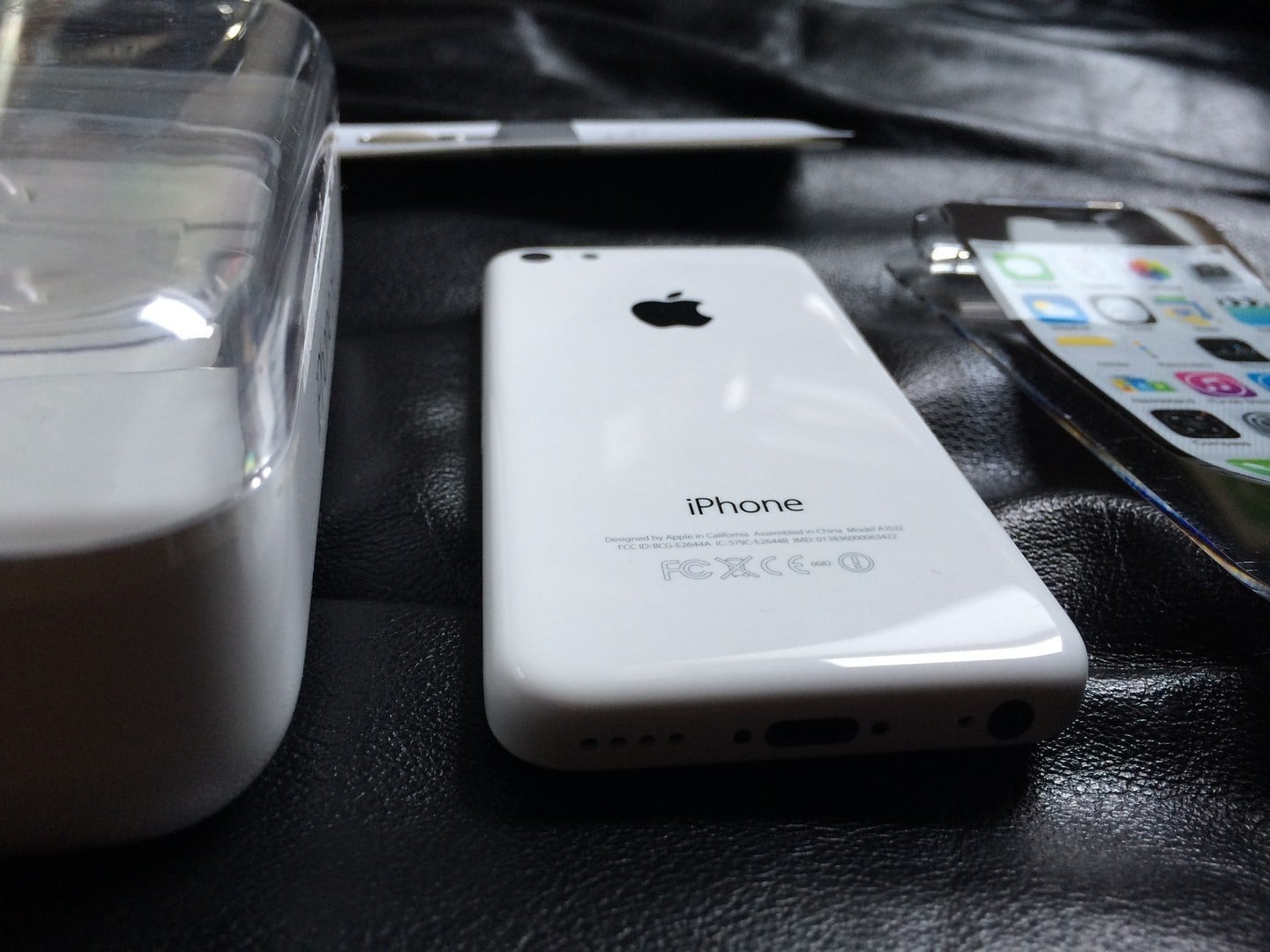
UPDATED: Apple’s Ending Support for the iPhone 5 and iPhone 5c
Update: The Mac Observer has noted that support for the iPhone 5 has not ended with iOS 10.3.2 beta 2. I’ve confirmed this by downloading and installing the developer beta on my own iPhone 5
If you’re still kicking around an iPhone 5 or 5C, you might be in for a major disappointment with iOS 10.3.2. For the first time, as Forbes notes, Apple seems set to cut off support for those models, and others, even before iOS 11 is released. This could be crushing news to millions of iPhone owners, but I’m not sure it’s the complete end of the world for Apple.
What’s Going on With the iPhone 5 and 5C?
When iOS 10.3.2 beta 2 was released, Brent Dirks told you that we would let you know if there were any new features found in the software. It still looks as if the new version focuses on bug fixes and behind-the-scenes improvements. This news doesn’t highlight a new “feature,” per se, but it’s definitely worth taking note of.
These two models, the iPhone 5 and 5C, are built on what is called a 32-bit architecture. “Modern” iPhones and iPads alike are now 64-bit devices, meaning they are capable of handling more complex processes and computations. We’ve suspected for some time that Cupertino was about to eliminate support for 32-bit apps with iOS 11, but now it appears that 32-bit devices are about to get the shaft earlier.
Typically, Apple ends support for devices with major releases of its mobile operating system. We’re now two betas into iOS version 10.3.2, mid-cycle, and support for the iPhone 5 and 5C is simply not there. The beta of the operating system is available for all other iOS 10-compatible devices, but only the iPhone 5S and newer have builds that developers can install.
The only time Cupertino has ever delivered what we call point releases (a la 10.3.2) has been to squish bugs that only affected certain models. For example, iOS 10.0.3 was only available for the iPhone 7 and 7 Plus, because the bugs it resolved were only present on those models.
Is This Really a Big Deal?
Maybe, maybe not. Apple never told us how many iPhone 5C devices were sold, but we know that the iPhone 5 sold more than 90 million units. Even allowing for upgrades, if Apple truly does end support for those models in iOS 10.3.2, it’s going to leave quite a few users disappointed and unhappy. Version 10 of the mobile operating system is still expected to release a number of significant upgrades before its successor, iOS 11, releases in September. The good news is that 32-bit apps, at least, still function under iOS 10.3.2 beta 2. It’s just 32-bit devices that aren’t supported. Developers still have time to update their apps.
With that said, Apple already supports its mobile devices far longer than the competition. Google, for example, only promises two years of Android support for its Pixel and Pixel XL models. The iPhone 5 and 5C came out in September 2013, almost four years ago. I’d say that’s a pretty good run for Apple, especially when you compare it with Cupertino’s rivals.

This screenshot was taken on an iPhone 5, which you can see is running iOS 10.3.2 developer beta 2
Updated April 12, 2017 at 2:00 p.m. Eastern Standard Time
I don’t usually do this, folks, but I want to issue a formal mea culpa. This is a case of relying on an article from Forbes without actually testing it myself. I was shocked when I learned from The Mac Observer that the report was untrue, and I tested the developer build as soon as I could. If you have an iPhone 5 or 5C, please rest assured that your device will remain supported until at least iOS 11.


